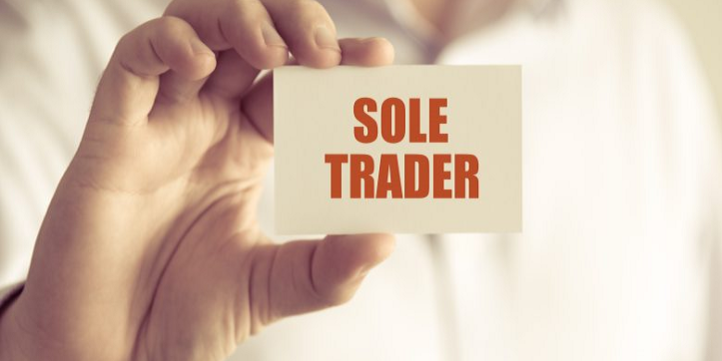When you are starting a business there is a multitude of decisions that you need to make with everything from the company name to your choice of commercial lawyer on the list of options that you need to finalise.
Another decision you need to make is exactly what sort of business entity you are going to operate as. By business entity, we are not referring to the business sector or niche you are going into but rather the legal status of the business you are creating. Depending on the size of the business you are creating and the initial capital you are investing you have a number of choices.
These include a corporation for larger-scale businesses, a limited company, a partnership, or it could be that you setting out in one of the simplest forms of business you can start and that is as a sole trader.
Starting as a sole trader has its pros and cons and it is by weighing these up that you can decide whether it would be the most appropriate for your situation or not. Obviously, we would recommend you speak to your commercial lawyers for more detailed advice, but for now here are some of the basics you need to know about running a business as a sole trader in Australia.
The Definition Of A Sole Trader
A sole trader is an individual who owns 100% of their business and as result is entitled to 100% of the profits that their business generates. In a legal sense, the individual and the business are not seen as separate entities. This means that any liabilities that the business has, are liabilities of the person who owns that business.
Although seen legally as the same entity, a sole trader is able to give their business a name which in the minds of customers, clients, and suppliers, for example, would make them seem distinct from each other.
Advantages of Being A Sole Trader
Perhaps the biggest advantage of being a sole trader is the ease and simplicity of setting up your business. You do not need to concern yourself with complex business structures, nor have to fill out reams of complicated legal documentation, leaving you to get on with running your business and making profits.
Another advantage is that should you suffer any personal losses in income such as the valuation of your property or any shares you own dropping, this can be included as losses to the business for the purposes of how much revenue it is generating.
On the subject of revenue, which obviously has a bearing on how much tax you pay, as a sole trader you have an advantage over limited companies and corporations, as you will have a tax-free threshold meaning that income up to that amount incurs no tax liability.
Disadvantages Of Being A Sole Trader
As both you and your business are seen as the same entity from a legal standpoint, any loans and credit which you incur running the business may need to be secured on your own personal property. It also follows that when these lines of credit are payable, it is you who is liable for them.
Loans are often the only way a sole trader can raise funds to invest in their business as sole traders are not allowed to sell shares in their business in order to raise capital.

